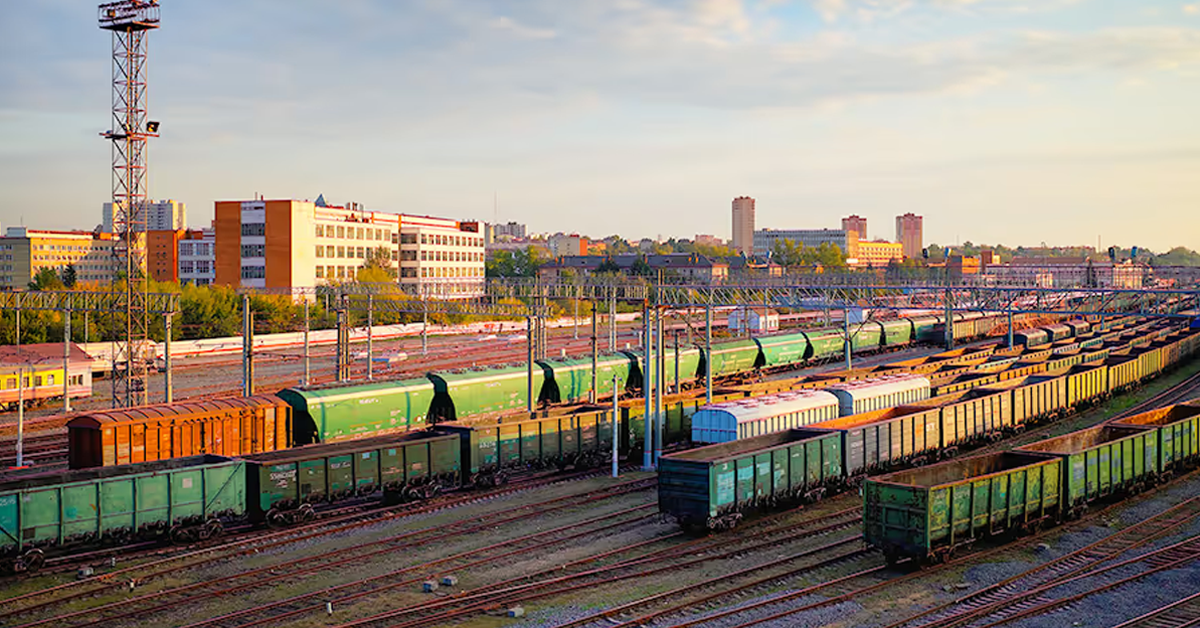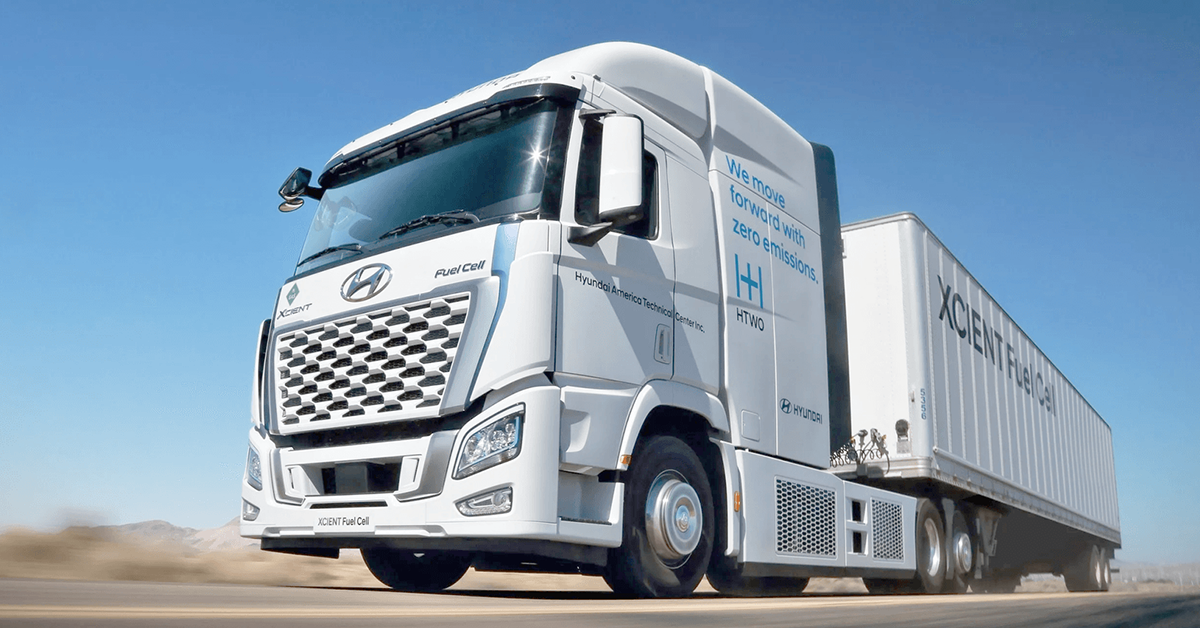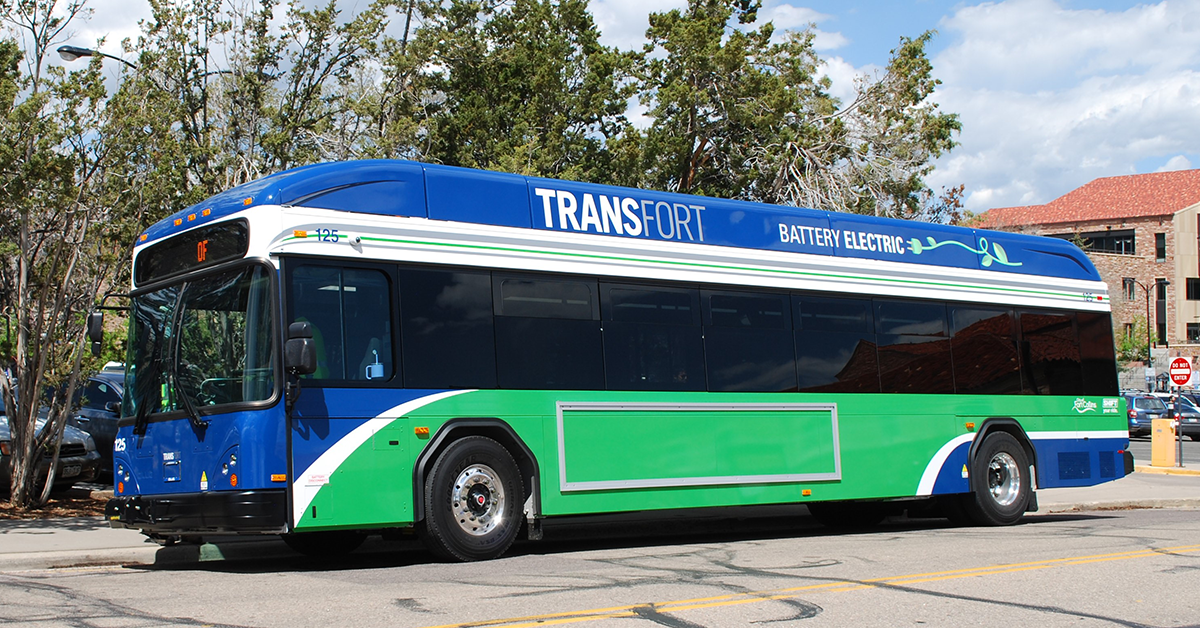CTE Visits Hyundai in South Korea for the NorCAL ZERO Fuel Cell Electric Truck Project


CTE staff visited Hyundai Motor Company's headquarters in Seoul, South Korea to tour production facilities and participate in workforce training activities (L-R: PJ Callahan, Julia Schultz, Jaimie Levin).This October, the Center for Transportation and the Environment (CTE) visited Hyundai Motor Company's (HMC's) headquarters in Seoul, South Korea to advance the planning for the largest commercial deployment of Class 8 fuel-cell electric trucks (FCETs) in North America. The project, coined NorCAL ZERO→, is a consortium of public and private partners aspiring to prove the commercial viability of FCETs by deploying 30 units of Class 8 XCIENT Fuel Cell trucks in Oakland, California in June 2023.
Since the California Air Resources Board (CARB) and the California Energy Commission (CEC) awarded CTE as the prime recipient and project manager of grants in July 2021, the project team has been working through constructing a hydrogen refueling station, upgrading a maintenance facility to service the trucks, and planning for the FCET deployment in northern California. The visit to Seoul allowed for project partners to advance critical project agreements, experience the truck-build process from raw materials to finished trucks, and attend a hands-on workshop at the Hyundai Cheonan Global Learning Center that highlighted standard truck maintenance practices and necessary workforce training.


At HMC's Research and Development facility in Namyang, South Korea, CTE witnessed many of the quality control measures that will ensure the FCETs experience high reliability and uptime. The team also took a first look at the inner workings of the XCIENT Fuel Cell and reviewed standard maintenance and service practices at the Hyundai Cheonan Global Learning Center. With fewer components to service than a conventional diesel-fueled truck, the team expects these vehicles will be simpler to maintain and benefit from reduced wear and tear on the brake components due to additional braking power provided by the electric motor.


CTE also visited the XCIENT Fuel Cell commercial manufacturing facility in Jeonju, South Korea where HMC plans to build the 30 trucks for NorCAL ZERO, and Dangjin Integrated Steelworks, an innovative eco-friendly steel plant, which showcases HMC's commitment to sustainability in raw materials sourcing.
CTE would like to extend a special thank you to Hyundai Motor Company for graciously hosting us during our stay in South Korea.

ABOUT CALIFORNIA CLIMATE INVESTMENTS
Zero-Emission Drayage Truck and Infrastructure Pilot Project is part of California Climate Investments, a statewide initiative that puts billions of Cap-and-Trade dollars to work reducing greenhouse gas emissions, strengthening the economy and improving public health and the environment - particularly in disadvantaged communities. Learn more at caclimateinvestments.ca.gov→.
ABOUT THE CEC'S CLEAN TRANSPORTATION PROGRAM
This project is funded in part by the California Energy Commission's Clean Transportation Program, which invests up to $100 million annually to support California communities, increase access to zero-emission vehicle infrastructure, support innovation and accelerate the deployment of advanced transportation and fuel technologies. Learn more at https://www.energy.ca.gov/programs-and-topics/programs/clean-transportation-program→.
ABOUT Hyundai Motor Company
Established in 1967, Hyundai Motor Company is present in over 200 countries with more than 120,000 employees dedicated to tackling real-world mobility challenges around the globe. Based on the brand vision ‚ÄòProgress for Humanity,' Hyundai Motor is accelerating its transformation into a Smart Mobility Solution Provider. The company invests in advanced technologies such as robotics andAdvancedAir Mobility (AAM) to bring about revolutionary mobility solutions, while pursuing open innovation to introduce future mobility services. In pursuit of sustainable future for the world, Hyundai will continue its efforts to introduce zero emission vehicles equipped with industry-leading hydrogen fuel cell and EV technologies.More information about Hyundai Motor and its products can be found at: http://worldwide.hyundai.com→; http://globalpr.hyundai.com→; https://trucknbus.hyundai.com/hydrogen/en→





